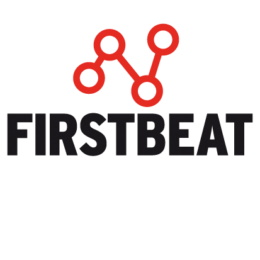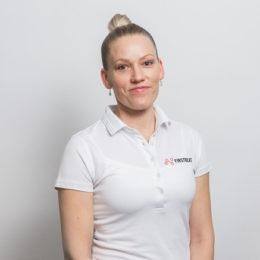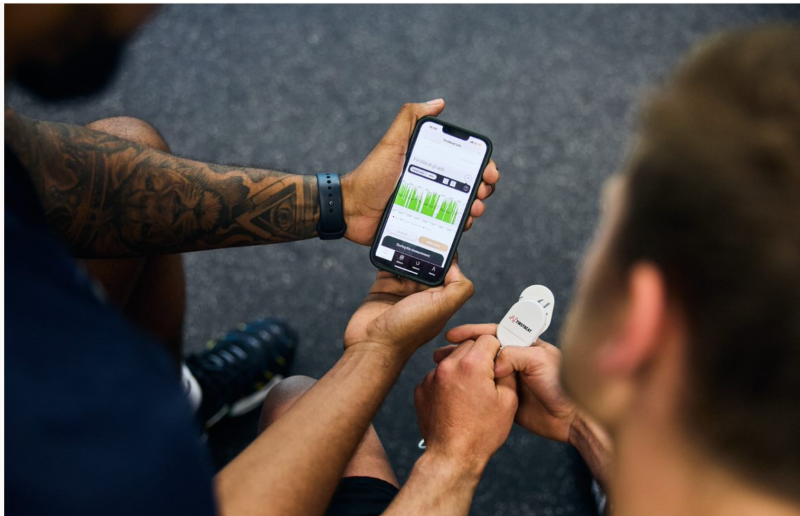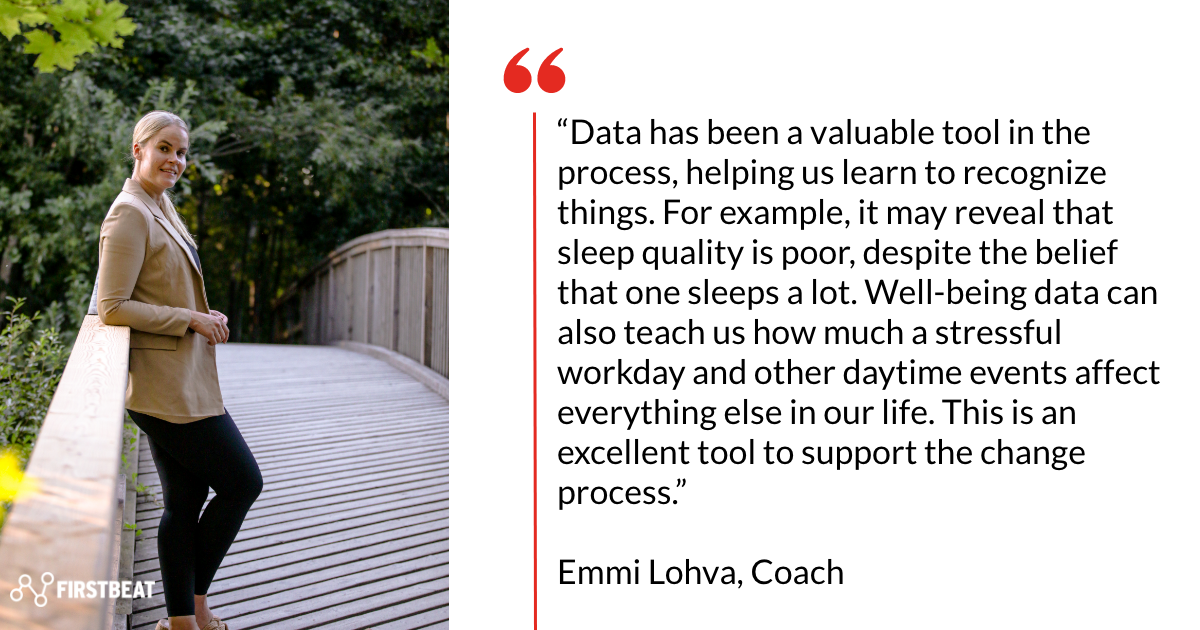
Emmi Lohva is a coach working with clients who struggle with making changes during busy periods of their lives. In this article, Emmi talks about how she uses Firstbeat Life data with her clients to help make sustainable lifestyle changes.
When life gets hectic, it could be time to evaluate your overall load. Change coach Emmi Lohva uses Firstbeat Life data to help her see the true state of her clients’ stress and recovery status, guiding them toward change.
Emmi often encounters people struggling with stress, endurance, weight issues, or poor fitness. Her goal is to help them manage their overall life-load and take steps toward sustainable lifestyle changes.
Emmi’s coaching concept focuses on assessing the client’s overall load, ensuring recovery, and increasing resources. She utilizes Firstbeat Life measurements to assess a client’s situation. Emmi explains:
“My most important task as a change coach is to consider the client’s goal as well as their life situation, resources, and capabilities to achieve them. Based on these factors, we can build sustainable results and positive changes in several areas of life, such as exercise habits, sleep, and resilience.”
Emmi’s popular coaching service is also available remotely, with most clients coming from different parts of Finland. A Firstbeat Life measurement device is sent to them by mail, and feedback sessions are conducted remotely.
Data Reveals the Client’s Starting Point and Effects of Changes
Emmi believes that securing sufficient resources and promoting recovery lays the foundation for all other changes. Therefore, in her coaching work, she always begins with a comprehensive assessment of the client’s starting point. She wants to know about the client’s daily resources, the quality of recovery, stress factors, and preferences.
“Often, we rush to add more energy-consuming activities to our daily lives before ensuring we have adequate resources and capabilities to cope with what’s currently on our plates.”
“Many people seek a ready-to-go nutrition or training program, but if there are challenges with recovery and resilience, the results of such programs may be limited and short-lived. If you don’t build a good foundation, you will soon hit a wall.”
“I advise first considering what can be taken away, before adding more to your load. First decreasing and only then adding new things to everyday life.”
“It all starts with recovery. We build every goal on sufficient endurance. We can’t build something sustainable if we don’t know what kind of foundation it’s built on.”
Responsible Coaching with Well-Being Data Support
Emmi emphasizes a responsible coaching approach, which means considering the client’s life situation and taking a holistic view.
“Comprehensiveness is a prerequisite for responsible, sustainable, and health-supporting individual coaching. This is where Firstbeat Life data plays an important role. It provides measured information about the client’s real situation, where we are now, what stresses them, and what we base our coaching on.”
As the coaching progresses, Emmi encourages her clients to take Firstbeat Life measurements roughly once a month and track the effects of the changes made. Based on the data and the client’s own experiences, they then navigate forward, perhaps trying something different in their daily lives and making changes to the coaching program as needed.
“Data helps identify, for example, stress factors, as we often have been pushing ourselves too hard for a long time, and our body’s signals have been ignored.”
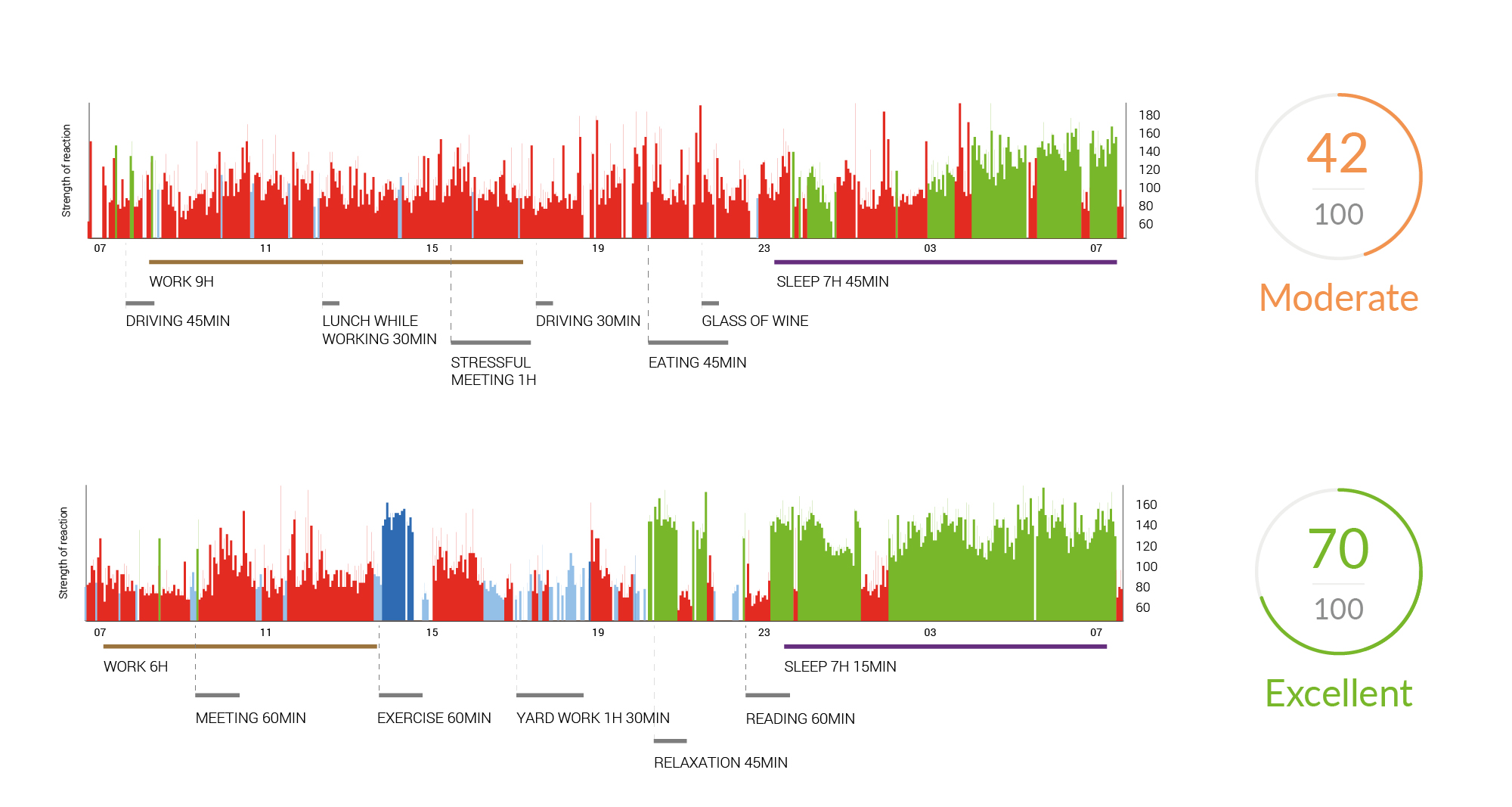
Different kinds of results from Firstbeat Life measurements.
After coaching, the client can easily continue the service, as the measurement device remains with them. Emmi offers a monthly follow-up option, where the client measures independently, and Emmi provides feedback and guidance as needed.
Well-Being Data Makes Things Visible and Helps Clients Learn
The well-being data provided by Firstbeat Life measurements helps make things visible to Emmi and brings up various topics for discussion.
“Data has been a valuable tool in the process, helping us learn to recognize things. For example, it may reveal that sleep quality is poor, despite the belief that one sleeps a lot. Well-being data can also teach us how much a stressful workday and other daytime events affect everything else in our life. This is an excellent tool to support the change process.”
“Often, my own suspicions are confirmed when we see the situation in black and white. I don’t know in advance how a client sleeps, and assessing it can often be challenging.”
Wellness Data Teaches You to Listen to Your Body’s Signals
In Emmi’s guided measurements, the goal is not only to achieve good results but also to encourage clients to measure themselves in different life situations, for example during travel or in challenging situations, and therefore, learn more about themselves. Measuring with Firstbeat Life has become an enjoyable activity for many clients!
“It has been nice to see clients learn from, for example, how a summer vacation and sleeping in a different environment affects them. This curious approach is good. Instead of constantly fearing what will happen, we become more curious about even uncomfortable sensations. This has been valuable to me as a well-being coach.”
“Stress and strain fluctuate, and they are part of life. It’s important to learn to recognize our own needs and strengthen the mind-body connection even in difficult situations.”
Towards Change, One Step at a Time
Often, when embarking on a coaching journey, clients are highly motivated. However, motivation fluctuates during the process, which is normal. The key is to find tools to continue and discover options that fit into the client’s daily life. According to Emmi, it’s crucial to take small steps and be patient.
“People often have strong beliefs about nutrition or exercise, such as thinking that if they don’t have an hour to spare, there’s no point in exercising at all. Instead of this kind of thinking and rules, I encourage my clients to ask themselves, ‘What is the smallest possible action I can take for my well-being?’ It could be a five-minute walk during a workday or drinking an extra glass of water a day.”
“Change starts with small things. If you want to go far, you have to progress slowly!”
If you want to learn more about how to utilize physiological data in your coaching work, download our free guide for health and wellness coaches.
If you liked this article, you should subscribe to our newsletter.
You might also be interested in

This Reliable and Easy Way to Test Your Clients’ Fitness Level Is a Must-have for All Fitness Coaches
Whether it’s a new client or one that you have been working with for a while, it’s essential to get a real understanding of their fitness levels – particularly cardiovascular…
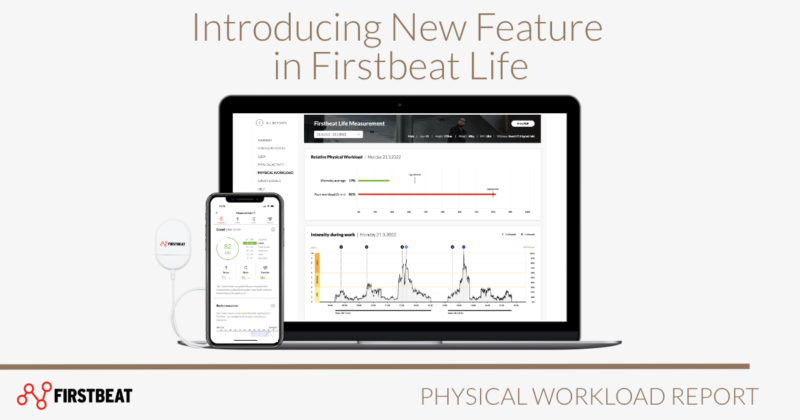
Firstbeat Develops Tool to Assess Physical Workload in Physically Demanding Jobs
Expert organizations around the world are concerned about the declining trend in people’s physical fitness, from the point-of-view of performance at work. Firstbeat Technologies, a global leader in physiological analytics,…
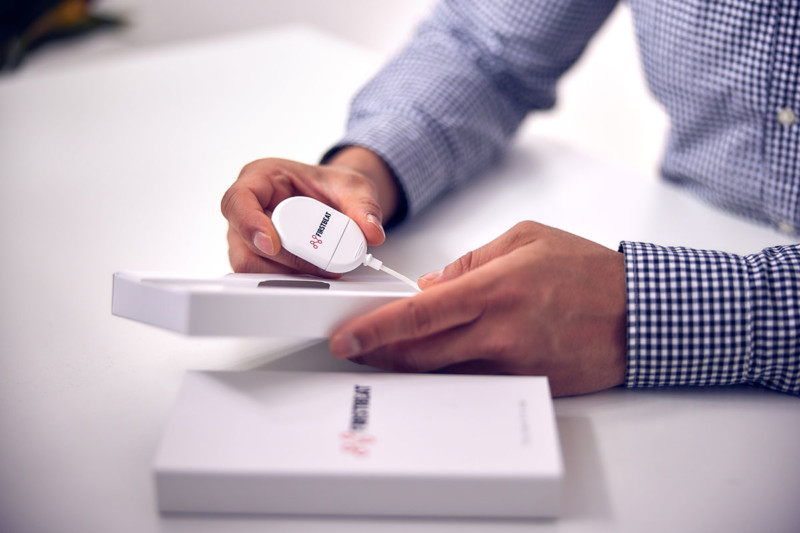
Resting Heart Rate – How to Utilize Heart Rate Information in Firstbeat Life
Resting heart rate is a key component in detecting stress and recovery as part of the Firstbeat Life™ service. A reliably measured resting heart rate forms a strong foundation for interpreting…
